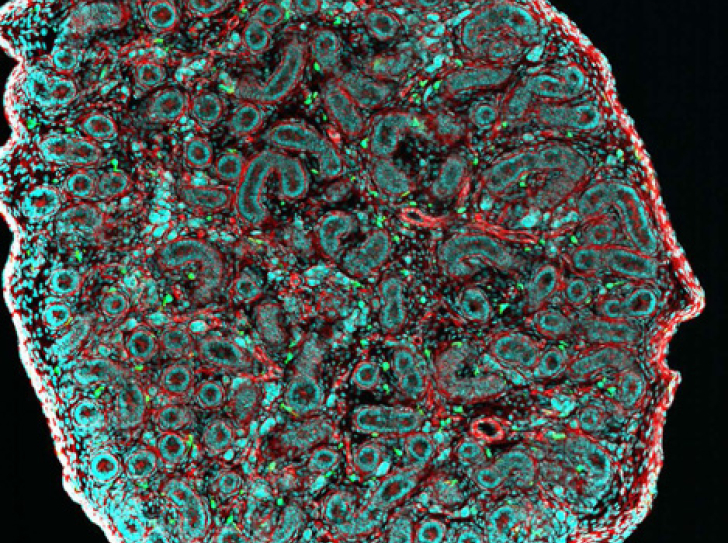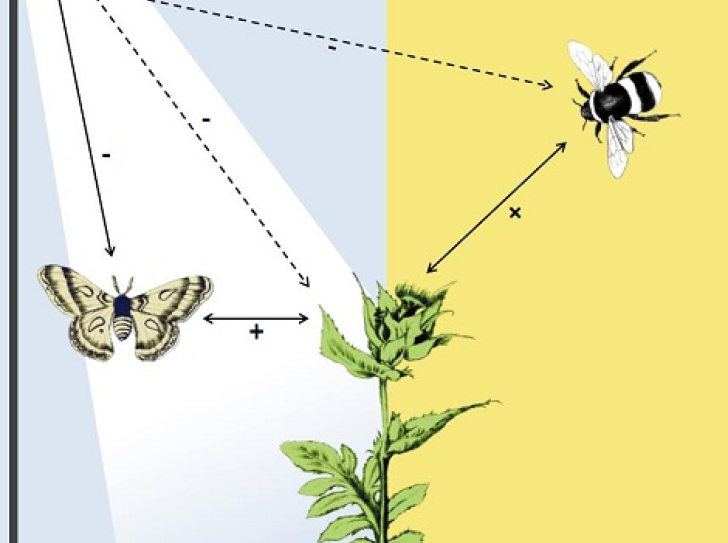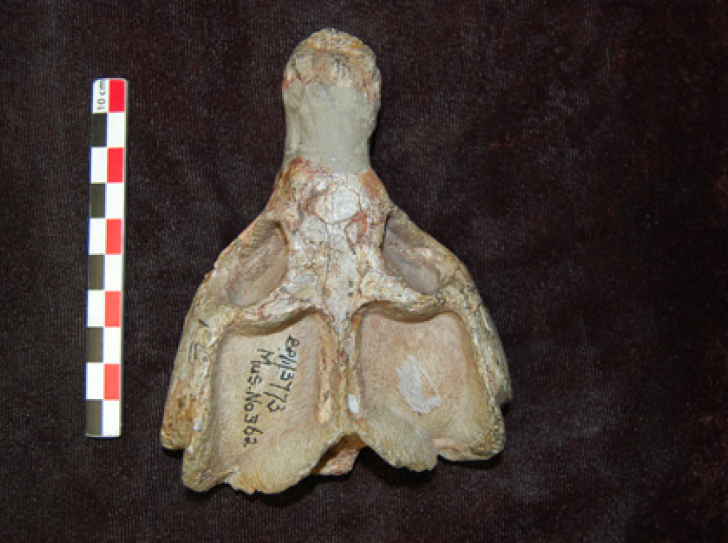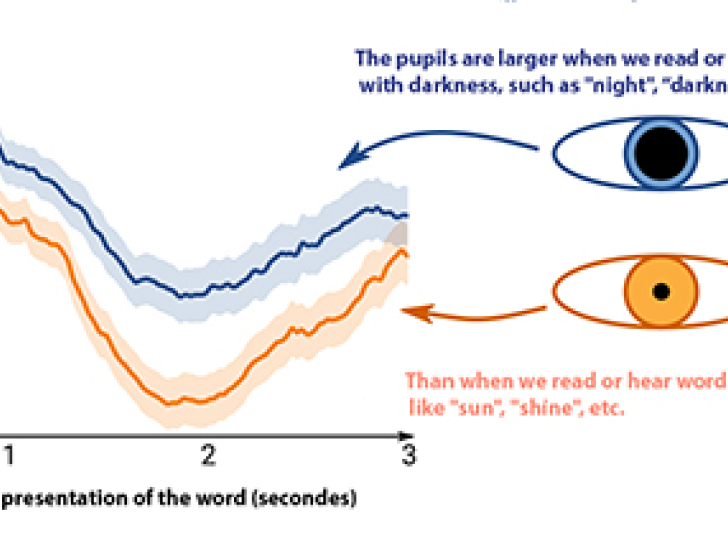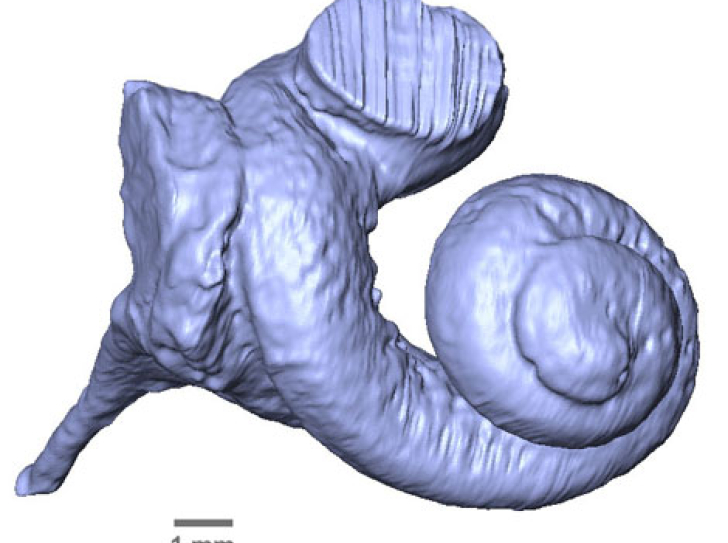News round-up
240 results
Press
Testicular macrophages, guardians of fertility
The origin, development, and characteristics of two types of testicular macrophage have been described by a CNRS team at the Centre d'Immunologie de…
Read more
Press
Are learning and unlearning bedfellows?
We know that sleep helps us integrate knowledge acquired during the day. But can we learn new things while sleeping? By exposing subjects to repeated…
Read more
Press
A new threat to pollination: the dark side of artificial light
A European team, including a researcher from the Centre d'Écologie et des Sciences de la Conservation (CNRS/MNHN/UPMC), has shown for the first time…
Read more
Press
Our ancestors were already warm-blooded just before the Permian-Triassic extinction event
For how long have warm-blooded animals existed? The time at which this character first appeared in the ancestors of mammals has long been debated…
Read more
Press
Brooding dinosaurs
A new method used to perform geochemical analysis of fossilized eggs from China has shown that oviraptorosaurs incubated their eggs with their bodies…
Read more
Press
How phytoplankton rule the oceans
Photosynthesis is a unique biological process that has permitted the colonization of land and sea by plants and phytoplankton respectively. While the…
Read more
Press
What the pupils tells us about language
The meaning of a word is enough to trigger a reaction in our pupil: when we read or hear a word with a meaning associated with luminosity (“sun,” …
Read more
Press
Audibility range of first whales
The hearing organ of the earliest whales, or protocetids, has been digitally reconstructed by paleontologists from the Institut des sciences de l…
Read more
Press
The secrets of tooth calcium revealed
Two studies on calcium isotopesIsotopes are atoms that have the same number of protons and electrons but a different number of neutrons, which gives…
Read more
Press
From context to cortex: Discovering social neurons
The existence of new “social” neurons has just been demonstrated by scientists from the Institut de neurosciences des systèmes (Aix-Marseille…
Read more

